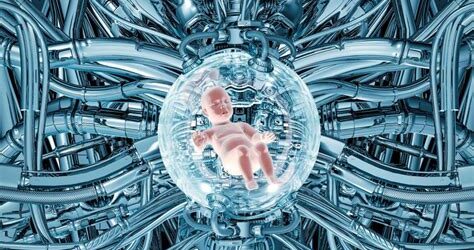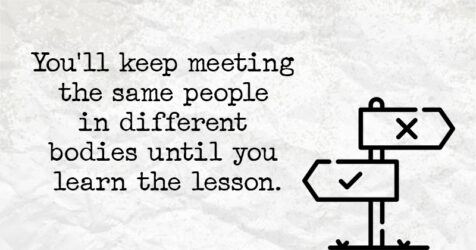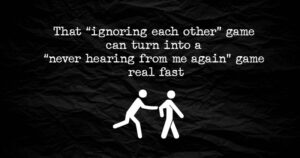Why should you be patient?
The rewards of patience
Every single being in this world is currently facing some tribulation. And while some people may be facing trials in any spheres of their life – may be in their jobs, in education, or their businesses, with their family or friend. In one way or the other, we’ll be tested in this lie.

As virtues go, patience remains the quiet one. And it is often exhibited behind closed doors (or in private), not on a typical public stage. A mother telling her child a bedtime story, the man is waiting behind for the train to roll by, an athlete waiting for his injury to heal. On a public stage, it’s the grumbling customers in slow-moving queues, the drivers honking in traffic. We have different actions exalting the virtues of patience, compassion, and courage.
Of course, patience is paramount to our daily lives; and the rewards that come with it make it more fulfilling. So patience might be essential to a happy life. And having an abundance of it means being able to control your urges, refusing to force things to happen, and being calm in the face of adversity or frustration – nearly everywhere.
Philosophers and religious leaders have long praised the virtue of patience. However, recent studies have also found that good things, sure enough, do come to those that wait, which makes forcing stuff into your life the complete opposite. Some of the science-backed perks are detailed below.
Better mental health
This is probably easy to say or believe if you pay close attention to the stereotypical impatient person: head steaming, teeth-grinding, face red. And sure enough, according to research carried out in 2007 by UC Davis psychological professor Rober Emmons and Fuller Theological Seminary Professor Sarah A. Schnitker, patient people tend to experience fewer negative emotions and depression. Perhaps, that’s because they can cope much better with stressful or upsetting situations. Patient people also rate themselves as more mindful, conscious, and feeling more gratitude, a greater sense of abundance, and more connection to humanity.
Better friends
In relationships with others, patience ultimately becomes an act of kindness. Now think of the friend or family member who comforts you over the heartache that won’t go away, or that lovely grandchild who smiles through the story he has heard in her grandmother tell countless times. Indeed, research suggests that patient people tend to be more empathetic, cooperative, forgiving, and equitable.
On a top-level, though, patience may be one of the foundations of civil society. Patient people are more likely to vote – this is an activity entails waiting patiently for our elected official to implement better policies.
Patience is also linked to good health.
The study of patience is relatively new. However, there’s some emerging evidence that it might even be good for your health. For example, in a study carried back in 2007, Emmons and Schnitker found that patient people were less likely to report health problems such as acne flair-ups, headaches, diarrhea, pneumonia, and ulcers.
We can try to shield ourselves from adversities and frustration, but they come with the territory of being human. But remember, it’s better to wait than force things to happen – patience is indeed a virtue.



















